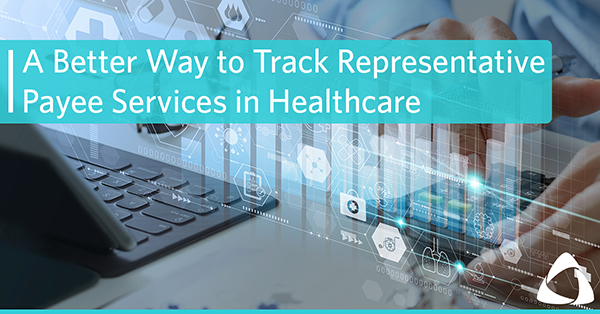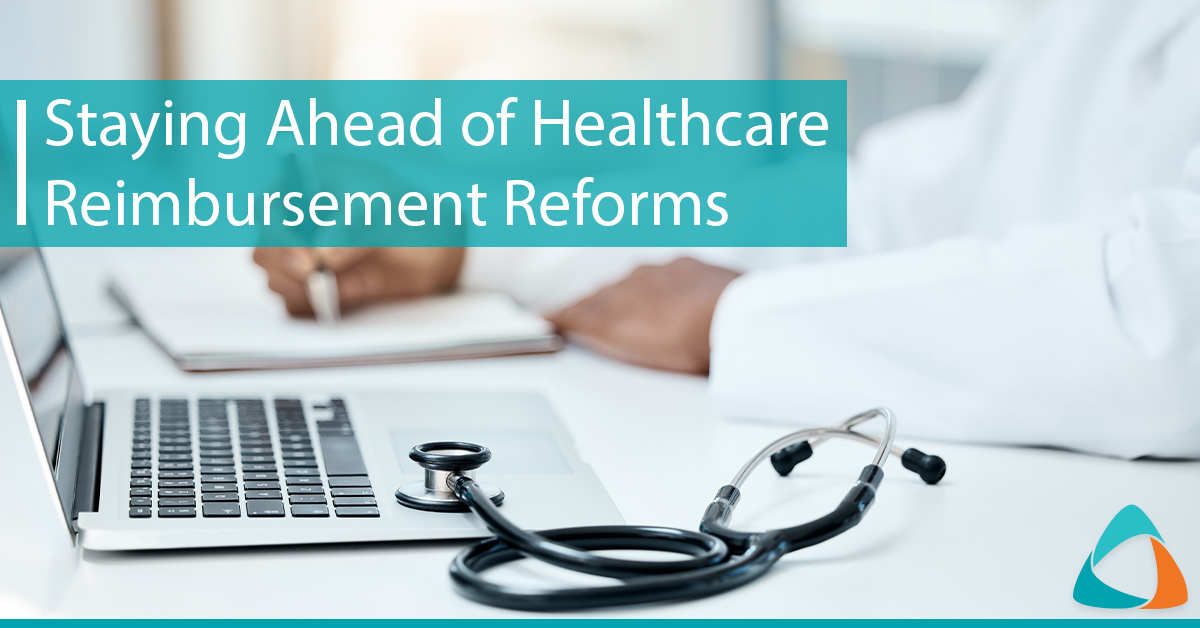Behavioral Health

A Better Way to Track Representative Payee Services
For health organizations providing representative payee services, tracking expenses can be time-consuming, particularly when managing hundreds or thousands of client transactions and bank accounts. Many organizations rely on spreadsheets, which are risky, difficult to maintain, and lack real-time visibility. Month-end allocations and reconciliations further complicate client accounting and timely reporting. As a result, managers may […]

Practical Applications for AI, Automation in Healthcare Finance
AI is reshaping healthcare finance and creating opportunities for providers to improve efficiency and financial performance. With government funding shortages, rising claim denials, and a competitive labor market, automation is becoming an essential tool. Third-party payors are already leveraging AI for claims processing, and providers may benefit from similar technologies. Consider just a few of […]

Grants for Mental Health Centers, Applications Due July 19
AAFCPAs would like to make clients aware that the Commonwealth of Massachusetts’ Executive Office of Health and Human Services (EOHHS) announced the establishment of time-limited supplemental payments to eligible providers enrolled with MassHealth as mental health centers (MHCs). With a July 19th deadline to apply, AAFCPAs advises that clients not delay. Grant Eligibility Eligibility for […]

$240M Funding Available to Expand Behavioral Health
AAFCPAs would like to make Federally Qualified Health Center (FQHC) clients aware that the Health Resources and Services Administration (HRSA) has earmarked $240 million to help its health centers meet rising demand for mental health and substance use disorder services. Applicants must be Health Center Program award recipients with an active H80 grant award. A […]

Nonprofit Challenges in Navigating Tax Issues
Nonprofit organizations are often thought to be tax exempt. But this is a misnomer, as there are many situations where a nonprofit may have to either pay or collect and remit tax. Private foundations, also under the umbrella of 501(c)(3) nonprofit organizations, are subject to a 1.39 percent net investment tax on their investment income […]

Staying Ahead of Healthcare Reimbursement Reforms
As you may know, the nation’s healthcare reimbursement model is pivoting from one that incentivizes the number of visits provided to one that rewards health outcomes of patient populations instead. While some payors have already made this switch, we are seeing a significant trend in the marketplace for public and private payors to shift reimbursement […]
Guidance on New Lease Accounting Standard
In 2016, FASB issued Accounting Standards Update (ASU) 2016-02, Leases (Topic 842) to increase transparency and comparability of lease transactions. AAFCPAs has summarized some of the most significant changes resulting from the new ASU for your convenience: AAFCPAs has provided a detailed Whitepaper providing guidance on the FASB’s new Lease standard so clients may proactively […]
OSD Clarifies UFR Reporting of COVID-Related Funds
AAFCPAs recently received clarification for UFR filers related to reporting of certain COVID-related funding. (As a reminder, due to COVID-19, the Operational Service Division (OSD) granted a 30-day extension to the Uniform Financial Report (UFR) FY2021 filing deadline, now due December 15th. UFR filers are not required to file a request for this extension.) AAFCPAs […]
Updated Reporting Requirements for Provider Relief Funds; Revised Definition of Lost Revenue
AAFCPAs would like to make clients aware, on October 22, 2020, the U.S. Department of Health and Human Services (HHS) issued an updated Post-Payment Notice of Reporting Requirements (the Notice) relating to General and Targeted Distributions made under the Provider Relief Fund (PRF). This Notice updates the calculation of lost revenue. On September 19, 2020 […]
